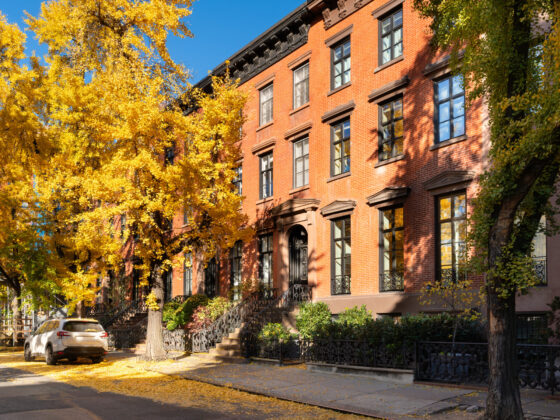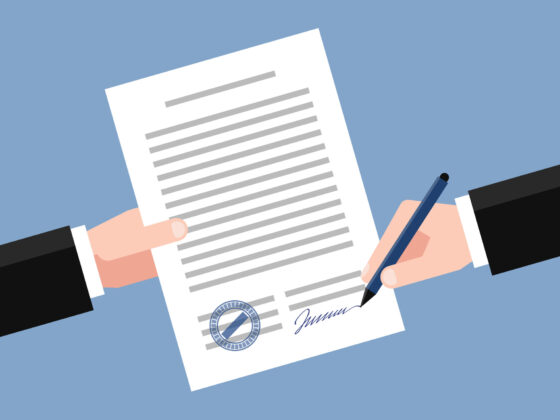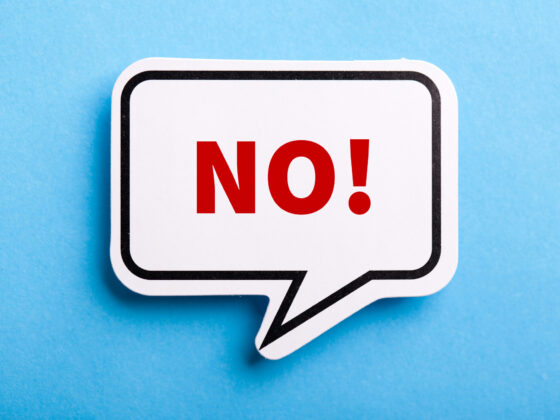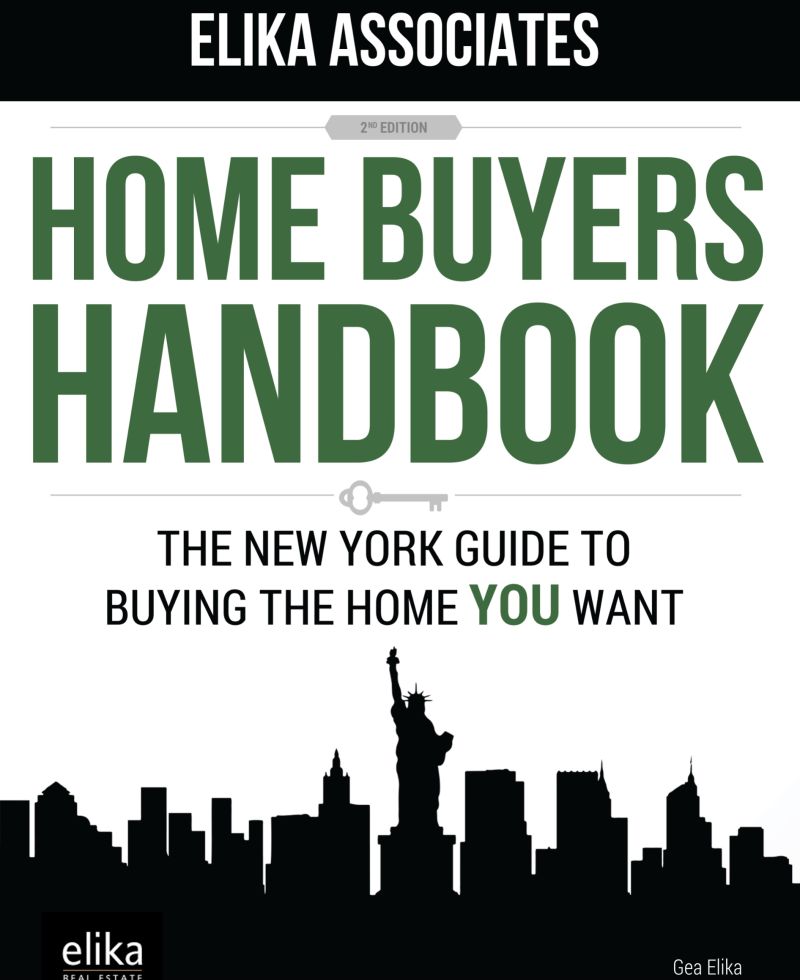Table of Contents Show
So you’re out of college and now embarking on the next phase of life. Like most young Americans, you’ve probably got more than a bit of student debt. You might now consider buying your first home in New York City but are also concerned about those debts. Should you pay off your student debt first before purchasing a home? The answer, as with most financial questions, is that it depends. Each situation is different, and to help you decide, here’s what you need to consider.
Red Light: When should you waitRed Light: When should you wait
If you check most of these boxes, it’s probably better to wait.
Your debt-to-income ratio is too high.Your debt-to-income ratio is too high.
When qualifying for a mortgage, a lender will review what percentage of your monthly income is devoted to debt payments. This is done by adding all your monthly payments (student loans, car loans, credit cards, etc.) and dividing that by your monthly income. This is called your debt-to-income ratio (DIR). If it’s 36% or higher, you should probably put off that home purchase until you’ve paid off more of your debts.
You can’t cover the 20% down payment.You can’t cover the 20% down payment.
Purchasing a home in New York City recommended that you have at least 20% of the home’s purchase price for the down payment. The average down payment will vary depending on where in New York you want to settle. If you can’t cover the 20% down payment, use this mortgage calculator to factor in interest rates, maintenance costs, inflation rates, etc., if the price differential between the cost of homeownership and renting is better. You’re not sure where you want to be in 10 years.
With renting comes flexibility; if you don’t see yourself changing careers or moving to other cities in a few years, it makes little sense to buy a home now. However, if you are committed to staying several years or more, you can gain much more from buying, even with student debt.
Green Light: When you should buyGreen Light: When you should buy
If you passed the above, you should be good to go, but first, make sure you have the following.
You have an emergency fund.You have an emergency fund.
Homeownership comes with some risks which can’t be predicted. Unforeseen maintenance, an economic downturn, or illness can destroy your ability to keep up with payments. Aim to set an emergency fund aside for at least 3 to 6 months to cover expenses should unforeseen emergencies strike.
You could get more for your money.You could get more for your money.
Besides building equity, owning a home can get you more for your money than renting. For instance, this is the case within four years in Manhattan’s East Village. But just a few blocks away in SoHo, it would take 31 years before buying would make financial sense.
You have a low-interest student loan.You have a low-interest student loan.
Student loans are usually the least harmful to other types of debt. The interest rates tend to be lower and allow for an extended repayment period. This means you won’t risk losing any personal collateral if you need to stop paying for a while.
SummarySummary
Having student debts doesn’t necessarily put the brakes on buying a home. Each person’s situation differs, so make your decision based on your long-term goals and finances. However, if possible, paying off your student debt would likely receive a more favorable interest rate when securing mortgage financing.








